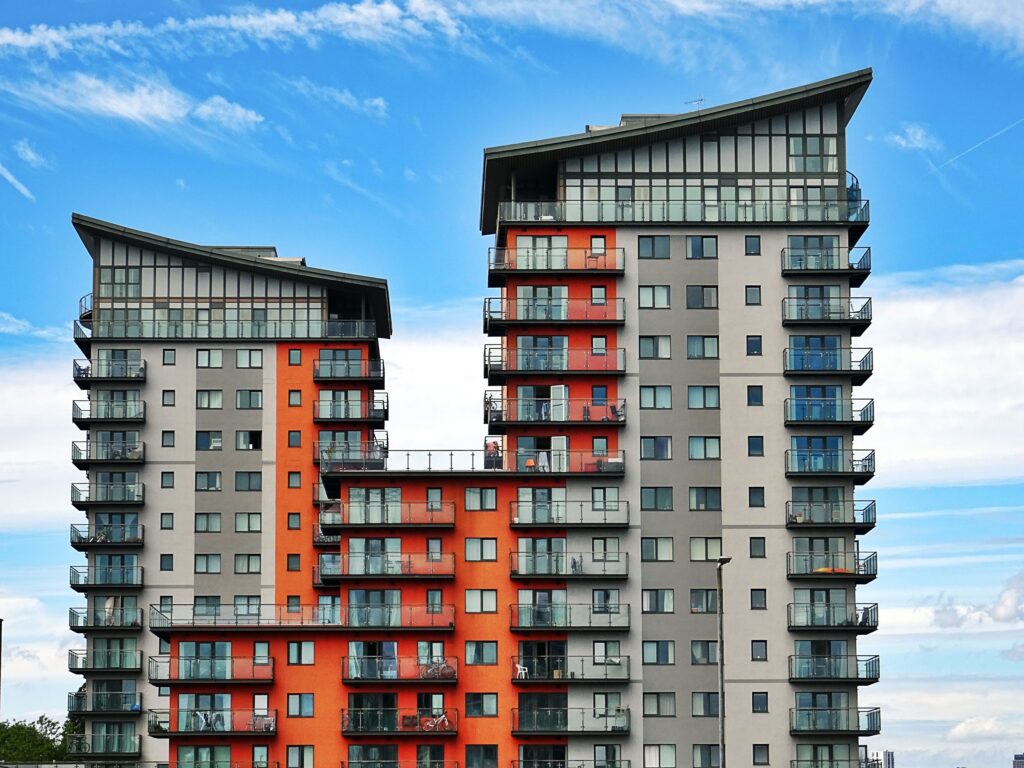To drive energy efficiency and reduce carbon emissions in the buildings sector, owners of buildings are legally required to register their buildings by 2 August 2024, and display an Energy Performance Certificate (EPC) by early December 2025.
To obtain an EPC, buildings must first be registered (https://epc.sanedi.org.za/login) by the 2nd of August 2024, this deadline is fast approaching. The Energy Performance Certificate Regulations require that owners of four categories or occupancies classes (these are based on type and size) obtain an EPC, which gives a building a rating based on the amount of energy consumed per square metre. Failure to comply is a contravention of the National Energy Act of 2008, and owners risk a fine of R5 million, five years imprisonment or both.
The categories that currently need to comply are offices, indoor sporting facilities, educational institution buildings, and places of entertainment and public assembly such as community centres. Regulations also apply to government buildings of more than 1 000 square metres and privately owned buildings of more than 2 000 square metres.
Once a building is registered, the owner then needs to take the necessary steps to ensure measurement of energy performance is conducted. This compliance data is submitted for review, assessment and accreditation before an EPC can, and must be, prominently displayed in the foyer of the building. An EPC rates buildings on a scale of A to G in a similar way to how appliances are rated for their energy efficiency. A ‘D-rating’ is the benchmark rating which is considered the best practice.
At first, an EPC had to be issued by a South African National Accreditation System inspection body, however, in an important amendment released last year, an EPC will now be able to be allotted by individual EPC-registered professionals as of 1 August 2024. This transition to a broader body of available professionals will significantly help to cater for the many thousands of buildings that need to be rated across the country. Furthermore, it will drive employment opportunities that will in turn help boost the country’s economy and specifically, it is expected that smaller SMMEs will now be afforded contracts to operate in this space. In addition, programmes are in place to upskill youth and cement these socio-economic benefits.
Pathway to Becoming an EPC Professional
In order to register as an EPC professional, various criteria need to be met including certain qualifications (Grade 12 or NQF 4, and a diploma or bachelor degree in identified courses), specific EPC training as well as a minimum of two years of experience in an energy auditing, management, measurement, verification or efficiency role. To apply visit: http://epc.sanedi.org.za/login. It is expected that there will be a substantial increase in the number of registered professionals entering this field compared to the past three years.
The South African National Energy Development Institute (SANEDI), whose mandate is to undertake measures to promote energy efficiency throughout the economy through the development of innovative, clean and resource-efficient solutions, notes that buildings are responsible for between 30% and 40% of carbon emissions worldwide and that EPC programmes are commonplace as a measure to drive down fossil fuel consumption and these discharges globally.
Nqobile Ngcobo, EPC lead at SANEDI, highlights the value and importance of obtaining EPCs, saying: “Managing energy consumption and reducing emissions is not only about supporting global climate change targets, it is also economically and physiologically better for organisations and individuals. By understanding how much energy is being consumed, one becomes more aware of one’s own behaviour (like not leaving lights on in an unoccupied room), and one can then start to reduce inefficient usage and change consumption behaviour patterns. There are also significant cost reduction implications – particularly in the long term – and decreasing emissions is also better for one’s health. Each one of us has a part to play in minimising our country’s carbon footprint, and by starting with more energy-efficient buildings, we can make a greater difference.”
SANEDI maintains an EPC register on behalf of the Department of Mineral Resources and Energy (DMRE) and is playing a crucial role in registering EPC professionals and driving energy efficiency in the buildings sector.
South Africa subscribes to several global commitments to reduce energy consumption and combat climate change and is aiming for net zero carbon emissions by 2050. Our building sector is a significant contributor to greenhouse gas releases, however, it is also one that can be fairly easily rectified to be more sustainable and power-efficient through reduced usage and discharges, as well as behaviour change. The more resource-wise buildings become, the more demand will be taken off the electrical grid which in turn reduces chances of loadshedding or load reduction and it will also help us meet our international obligations and commitments in this realm. An energy-efficient building is less expensive to run and adds value to a building’s price and rental costs – a further benefit for landlords.




